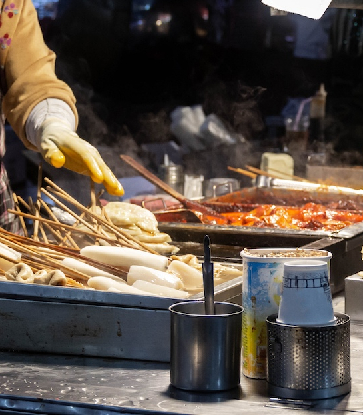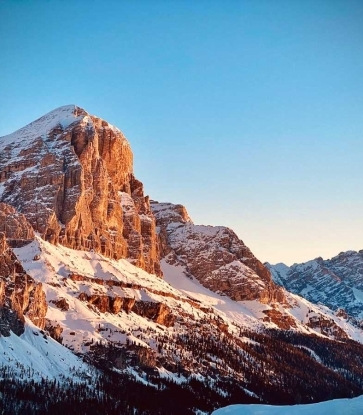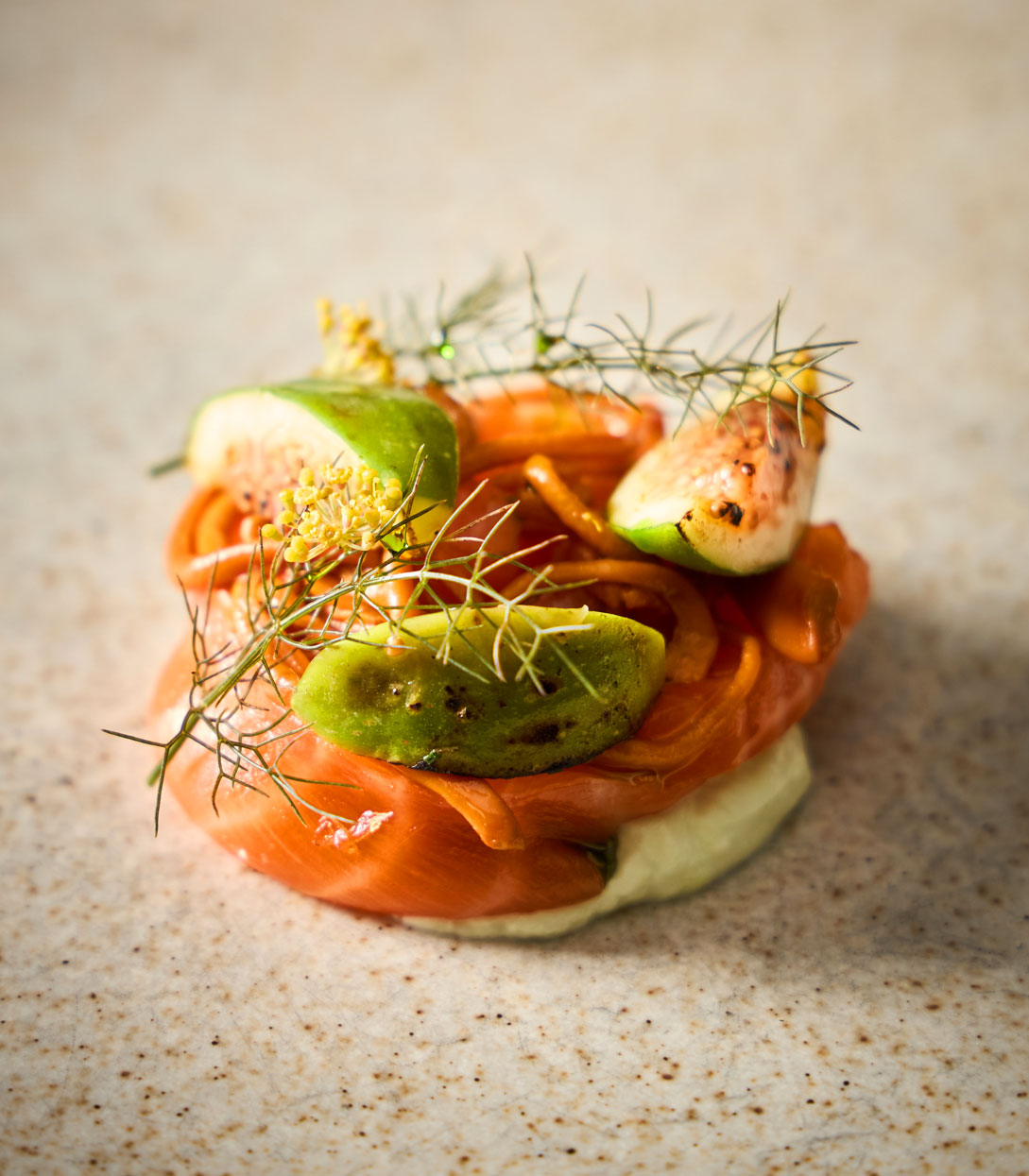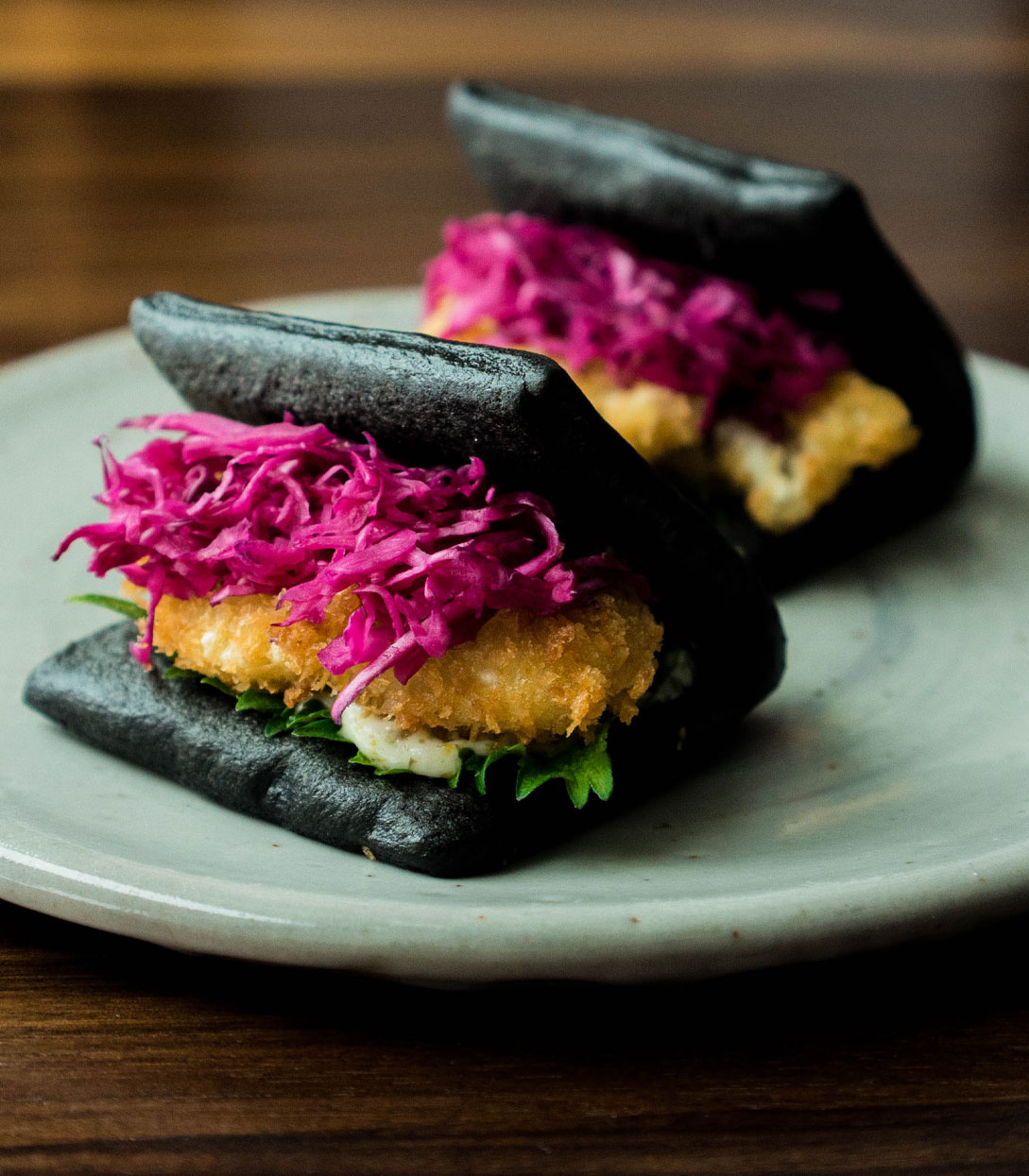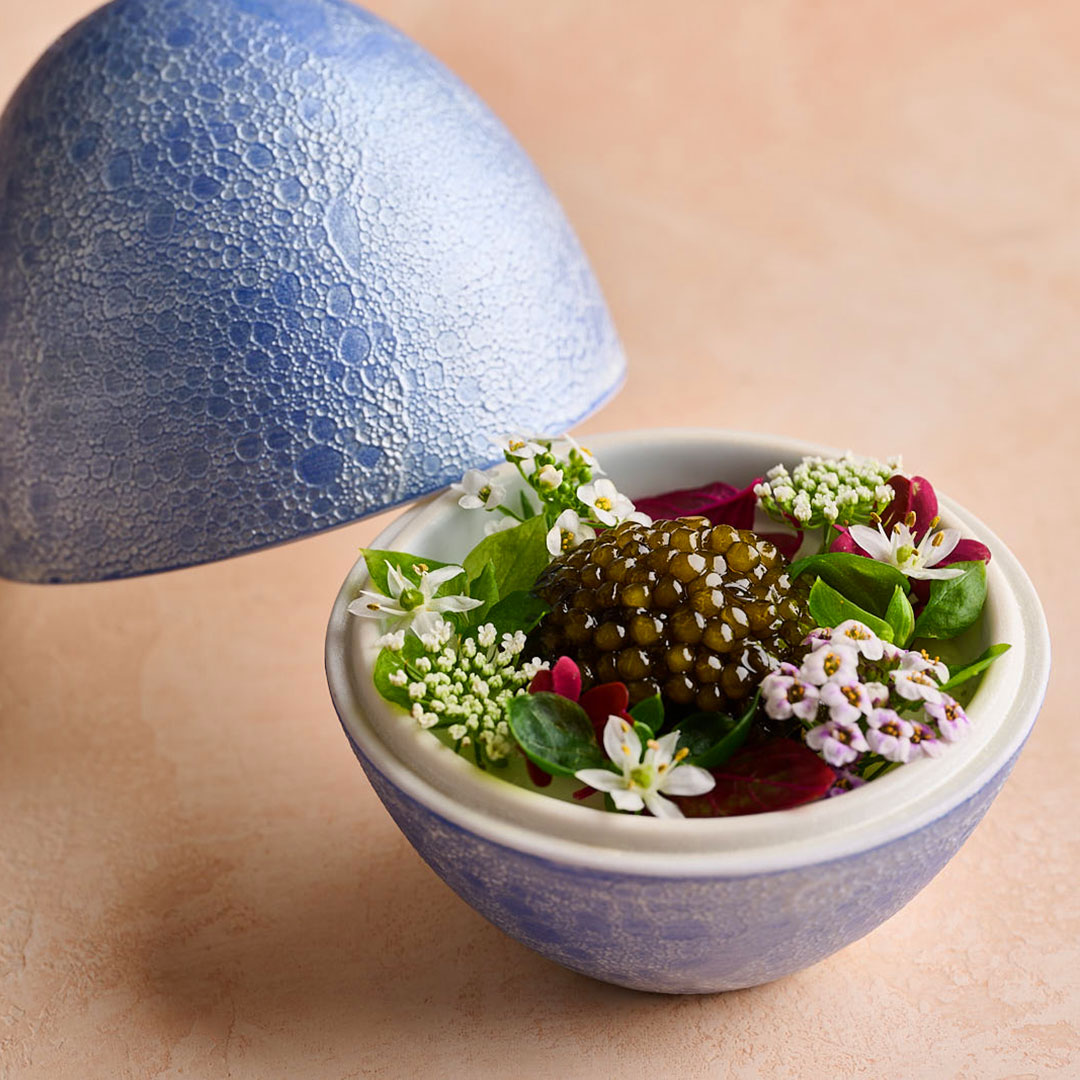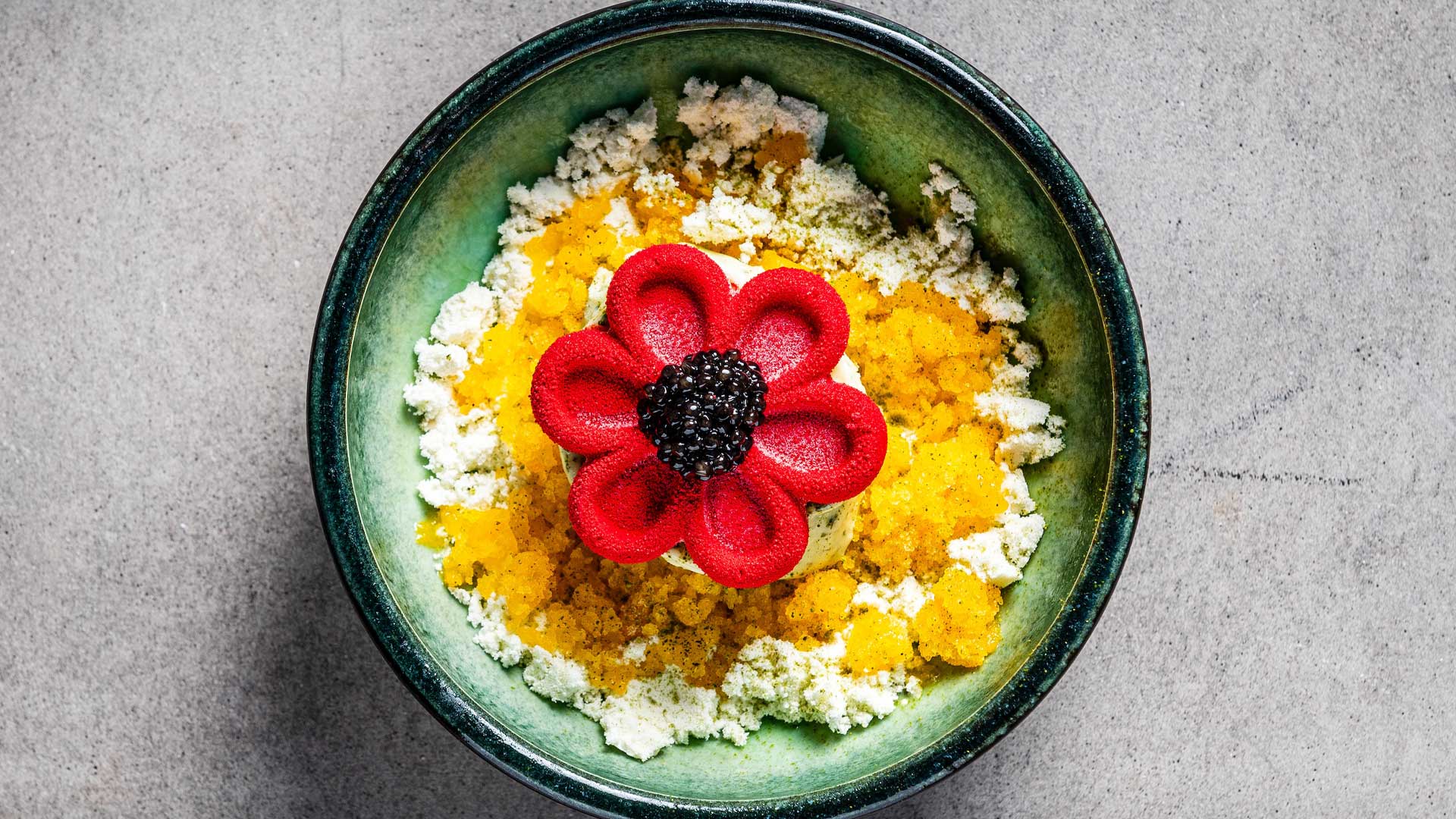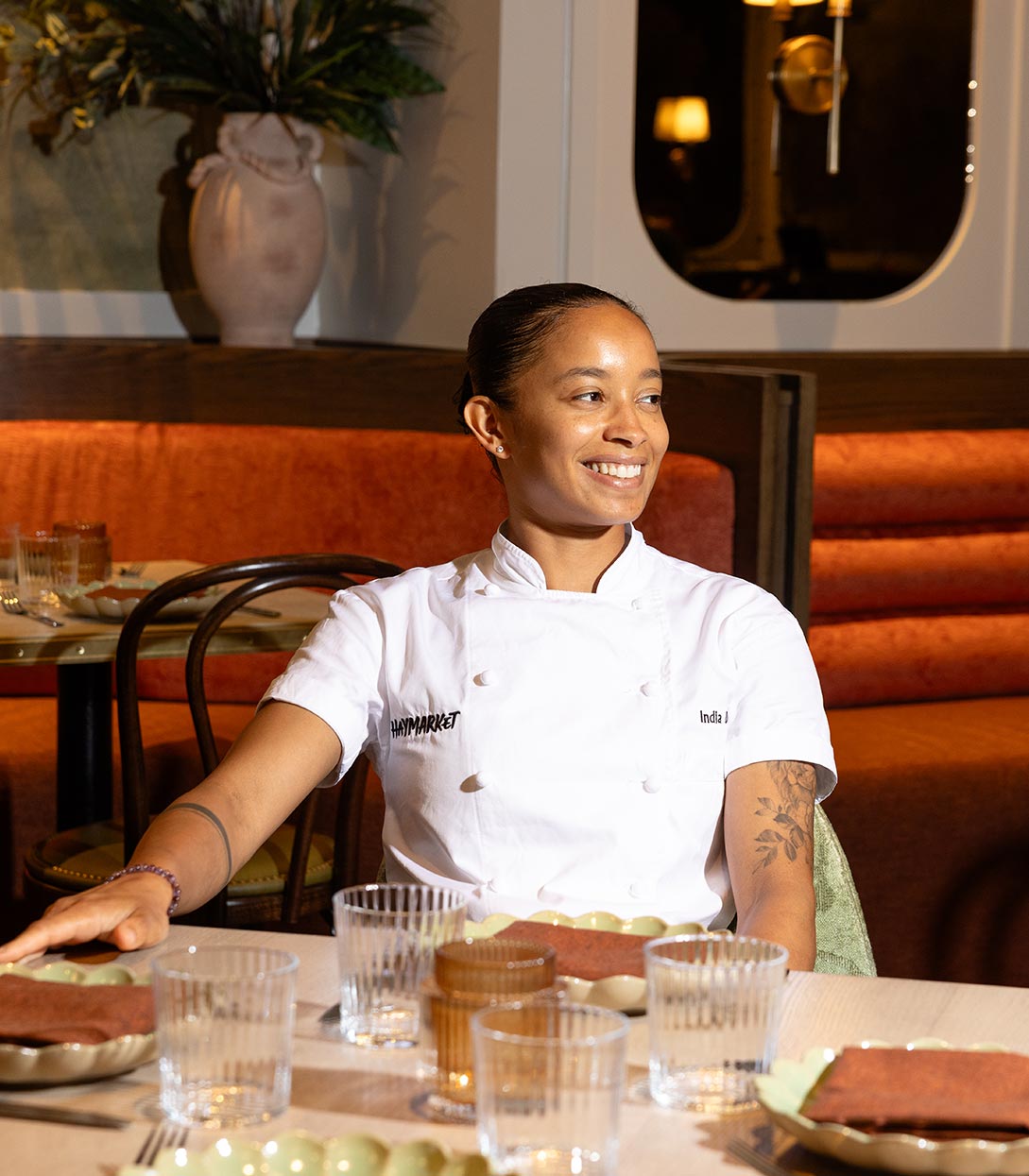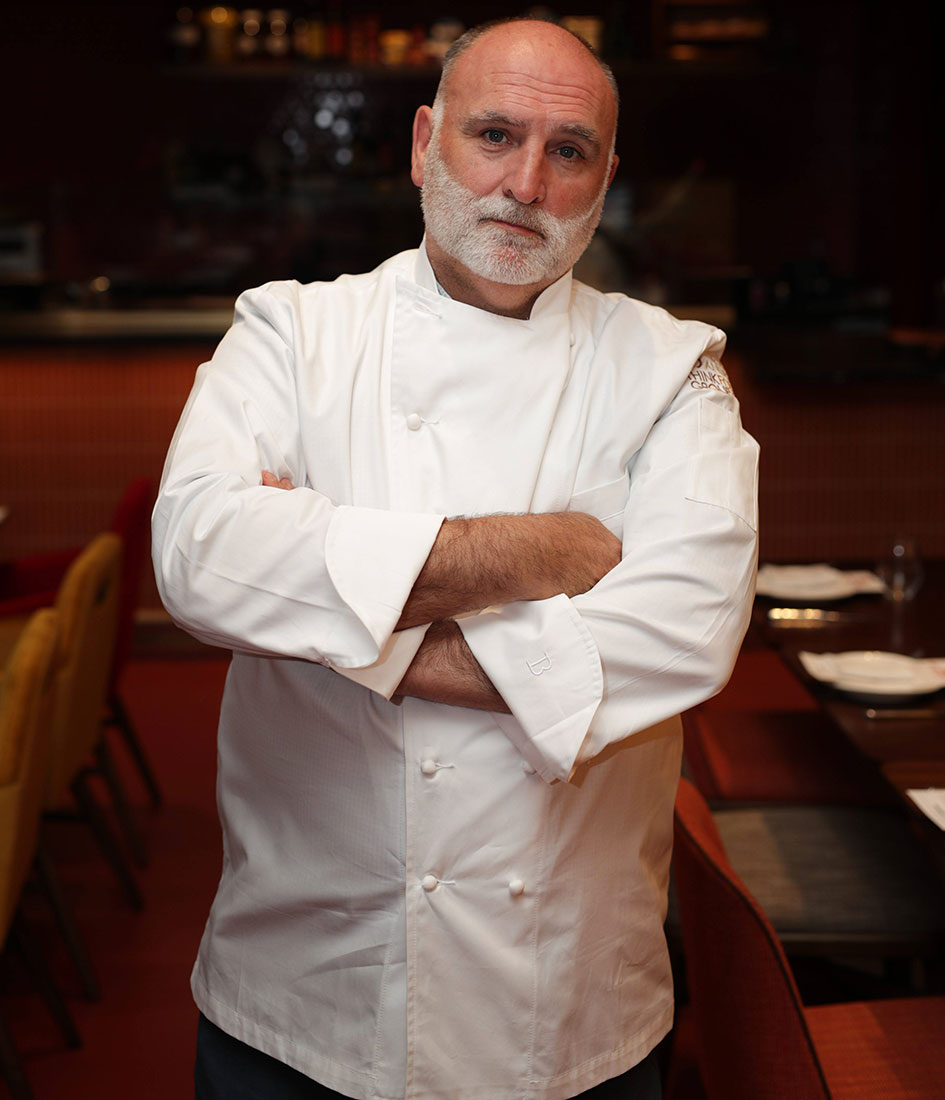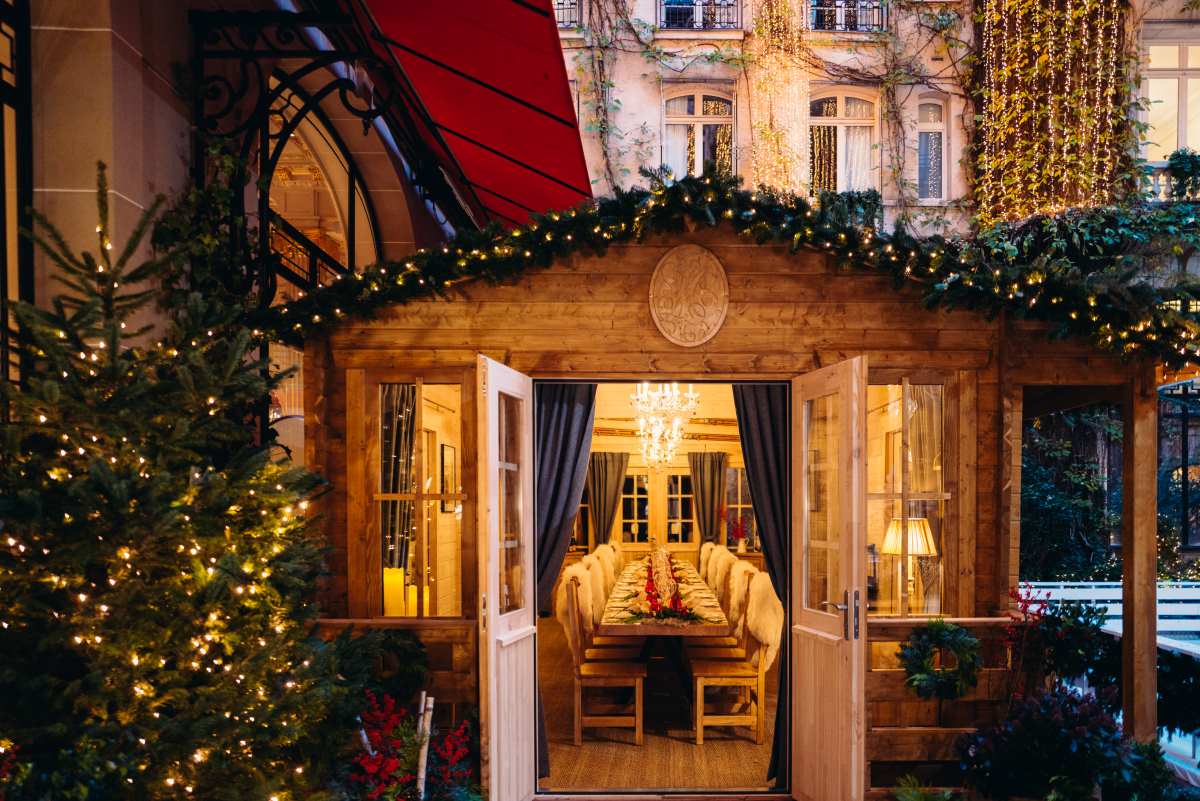For a restaurant named after the Greek prefix that translates to “without light,” Aphotic is contrarily a bright beacon on Folsom Street in San Francisco.
The fine dining restaurant from chef Peter Hemsley earned its First Star and Green Star less than six months after opening for its utterly inventive pescatarian tasting menu. While details like swordfish “bacon” and dessert’s oyster ice cream (a favorite of our Inspectors) stand out on the plate, the restaurant also shines as an operating distillery, creating distillates inspired by the sea and using botanicals and wild herbs foraged across the rugged California coastline in their cocktail program.
Below, we get the dish on Aphotic's innovative beverage offerings, but make sure to check out our Inspectors' Notes here.
“The primary focus of the distillate program is on farmed or foraged ingredients from California,” says Aphotic’s bar director Trevin Hutchins. Currently, Aphotic offers 27 single botanical distillates as well as a signature gin, The Aphotic Seaweed Gin. “It's a blend of five botanicals: juniper, orris root, bitter orange, green tea and dulse seaweed,” says Hutchins of their signature gin used in Aphotic’s house martini and served with a Castelvetrano olive stuffed with caviar from Tsar Nicoulai. “The dulse seaweed is the backbone of our gin, which we source from Monterey Bay Seaweeds.”
Though Aphotic’s martini is a classic, Hutchins is also known for creating an eight-course cocktail tasting menu served exclusively at the bar and influenced by bodies of water around the world from the Baltic Sea to the Gulf of Thailand. The details in creation and presentation are precise, however, Hutchins explains the maximalist approach is always presented in a minimalist style.
“We write our menu in a specific way to make it approachable, when in reality, there is a lot of work behind the scenes and a variety of techniques that go into the program to make it happen,” he shares. “Distillation switching, for instance, is the process of distilling out the water content of a spirit and “switching” the water with a more flavorful, clarified liquid. This allows us to add more complexity to spirits, which translates to more complexity in our cocktails.”

While it would seem Hutchins already has enough going on, he adds that Aphotic’s distilling team is developing a proprietary filtration system for their signature Aphotic Martini using oyster shells. “The filtration adds minerals and a unique creamy, briny finish to the oceanic martini,” he shares.
Despite continuing to innovate, Hutchins still believes that a “cocktail just needs to be delicious and sometimes, making the ingredients shine means taking the simplest approach.” Below, we talked to Hutchins more about the intricacies of an innovative bar and distillation program that appears seamless to the consumer, but when revealed to the inner workings, make the entire project shine that much brighter.

Do you have a background in foraging or how did you go about learning which ingredients are native?
I go foraging when time allows, but for the most part, we leave it to the professionals. Kirk Lombard’s The Sea Forager’s Guide to the Northern California Coast and Amy Stewart’s The Drunken Botanist have been great references for us. We work with a few Bay Area foragers who know the North Coast, and working with botanicals has opened my eyes to how common they are, even in the city. For instance, wormwood, notably in absinthe and vermouth, grows all along Embarcadero. Of course we don’t use that, but it is interesting to see on a walk to the farmer’s market.
What is one of the ingredients you’re most excited about and how do you use it?
Candy cap mushrooms are one of my favorite ingredients to work with. We’re currently working on a cocktail that features our private barrel of Jefferson’s Ocean Bourbon with smoked fish bone and candy cap mushrooms. The fish bone makes it lean, smokey and savory, while the candy cap mushrooms bring in a sweet, maple note. The cocktail is mixed with a huckleberry infused soju, Amaro Pasubio and bitters. The huckleberries, which taste very similar to blueberries, combined with the maple syrup note of the candy cap mushrooms, remind me of the blueberry pancakes that I grew up eating as a kid in Maine.
Are you also making your own syrups, tonics and blends?
We make all syrups and even some liqueurs in-house. Our signature Black Sea Old Fashioned uses a garum demerara syrup, made of fish sauce with sugar and spices. New to our menu is the White Cap, made with lemongrass and white chocolate Código Blanco Tequila, lime, crème fraîche and a yuzu cordial, garnished with a salty nori air. For the yuzu cordial, we zest and juice fresh yuzu and macerate it in sugar, then fortify it with a citrus marigold distillate. We also make Shinko pear and ogo seaweed liqueur as well. The yuzu, citrus marigold, Shinko pears and ogo are all grown locally.

Can you tell me more about the eight-course cocktail menu? How did you conceive this?
A cocktail tasting menu is something I’ve wanted to create since early in my career. I’ve been working in fine dining for most of that time, and I’ve always appreciated the thought and care that goes into creating a menu with a story arc. Aphotic’s ocean-centric approach gives us so much to play with. For the tasting menu, we worked with Rocket Glass Works to create bespoke miniature glassware pieces, and for the cocktails take cues from history, lore, cuisine, ingredients and unique spirits produced in these regions.
I see that they’re inspired by various bodies of water around the world – how exactly do they reflect these locations, and particularly their bodies of water?
Sea of Japan – the opening cocktail on our tasting menu is visually inspired by the Hokkaido scallop. We make a cocktail sphere of nigori sake, yuzu, pineapple gum syrup and a eucalyptus distillate. The cocktail is served in a scallop shell and garnished with smoked roe, micro shiso and sea salt air.
Baltic Sea – a Viking inspired Penicillin variation served in a hand blown glass rhyton. We use a Viking inspired scotch, Highland Park 12 Year, which is infused with cold smoked seaweed with lemon, galangal and an aquavit honey.
Bay of Biscay – a cocktail that evokes Spain’s coast using Hidalgo Pastrana Manzanilla Pasada, a 20-year aged vermut and an anchovy distillate inspired by the Gilda pintxo (guindilla pepper, anchovy and manzanilla olive). We serve the cocktail in a mini porrón, a traditional wine drinking vessel where guests are encouraged to extend their arm while pouring the cocktail into their mouth. We pair the cocktail with a Gilda on the side.
Black Sea – Romans created a style of fermented fish sauce by the Black Sea called garum. We use a sweetened and aromatized version of garum with Matchbook Distilling’s Metamodernity Bourbon, black lemon bitters and nori – our signature old fashioned.
San Francisco Bay – we use two spirits from St. George Spirits in Alameda, their Terroir Gin, which is inspired by the botanicals that grow around Mount Tam, and their Basil Eau de Vie. The cocktail is a ramos gin fizz made with watermelon, crème de menthe, MSG, lime, egg white, cream and garnished with frozen tomato zested on top.
Lake Neuchatel – a high elevation lake in Switzerland, this is also the birthplace of absinthe. The cocktail is our Absinthe Espresso Martini, made with absinthe, vodka, crème de cacao, espresso and an espresso puck demerara syrup. We take the spent espresso grinds, which would typically be composted, and soak them in hot water overnight, then strain out the grinds and add demerara to them. It’s an upcycled waste product and a practice that we try to use throughout our program.
Are you planning on developing Aphotic’s cocktail programming beyond the restaurant?
The program isn’t just in-house – I’m working on creating events geared towards hospitality industry workers that center around education and wellness. We just partnered with Pernod Ricard to create a bartender’s surf club, where twice a year we take 12 bartenders to Pacifica for a surf lesson and beach day. The purpose of this is to build camaraderie within the industry and to create an event not centered around drinking. I’m also working on an educational field trip to Monterey Bay Seaweeds to tour the aquaculture farm and learn about the different varieties of edible seaweeds, as well as their sustainability efforts. This field trip will also serve as the kickoff event for a seaweed cocktail competition that we’re creating for 2024.

Hero image: Kelly Puleio/Aphotic
All photos: Kelly Puleio/Aphotic






